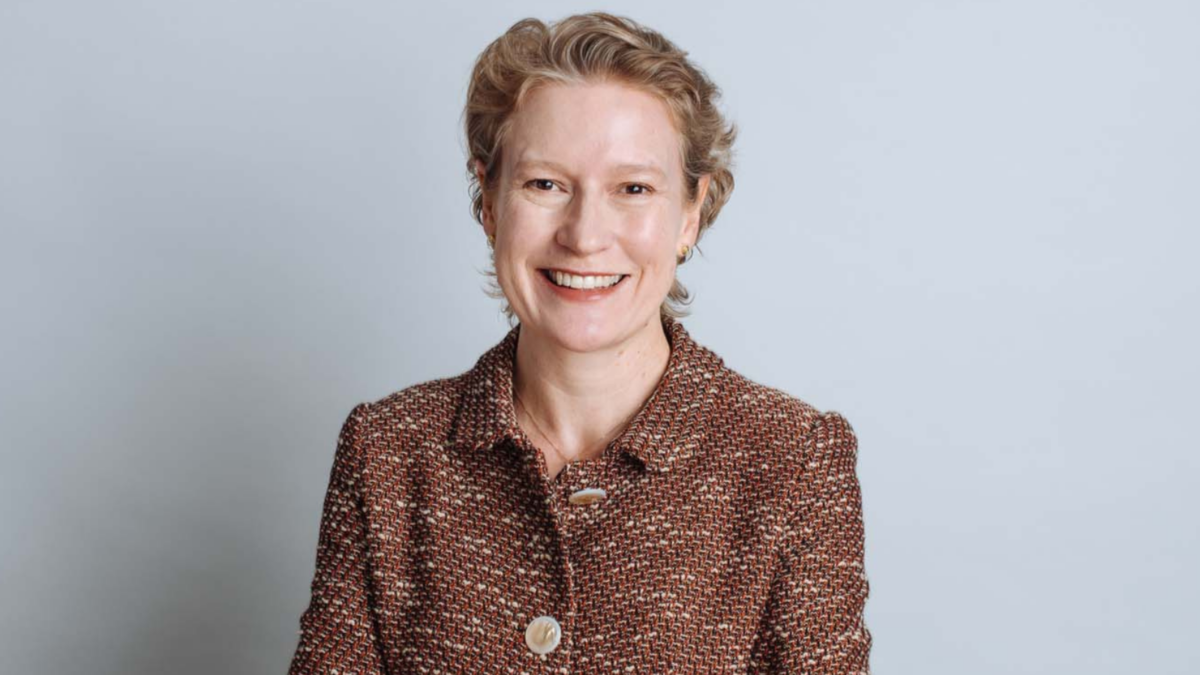US hedge funds pay most for compliance – AIMA
A global survey of hedge fund managers reveals they are making significant investments in their firms’ infrastructure to comply with new regulations. The managers in the US pay the most and managers in Asia pay the least.
The survey results say smaller fund managers are paying on average US$700,000 a year, medium-sized manager US$6 million and large managers US$14 million on compliance.
‘The Cost of Compliance’ report based on the survey of 200 managers was produced by the Alternative Investment Management Association (AIMA), the Managed Funds Association (MFA) and KPMG International.
The survey, which is one of the largest global surveys of hedge fund managers, was conducted between May and August of this year and includes the views of 200 hedge fund managers representing more than US$910 billion in assets under management (AUM). It also included in-depth interviews with managers from North America, Europe and Asia.
The report finds that the hedge fund industry has already invested heavily in compliance efforts to meet new global regulations, having spent more than US$3 billion to date on compliance costs. Hedge fund managers were found to be spending anywhere between 5 per cent and upwards of 10 per cent of their operating costs on compliance technology, headcount and strategy.
The report says that the cost of compliance is creating a heavier burden on smaller firms and could become a barrier to entering the market. The smaller firms are spending more – both as a percentage of AUM and relative to operating costs – than their larger counterparts. In fact, more than a third of hedge fund managers polled with less than US$250 million in AUM said compliance requirements consume more than 10 per cent of their total operating costs. The survey also found that overwhelmingly, managers are shouldering the majority of the costs associated with compliance, and not passing them on to the funds.
North American firms report spending more on compliance measures as a percentage of AUM than those in other regions. In part, this likely reflects the already high compliance requirements in the US.
Managers said their compliance costs and the need to outsource are directly related to the complexity of the regulations. The Alternative Investment Fund Managers Directive (AIFMD) and the Foreign Account Tax Compliance Act (FATCA) were the highest in terms of cost, time and need for external support, which is likely due to their complexity and global reach.
More than two-thirds of the respondents said they needed outside help with AIFMD authorization and reporting; 65 per cent needed help with FATCA; 63 per cent needed help with their SEC registration and reporting; and 62 per cent needed external help with their US Commodity Futures Trading Commission (CFTC) registration and reporting. By comparison, less than 25 per cent of respondents said they needed outside help with Asia Pacific registration and reporting.
Click here for full report.








